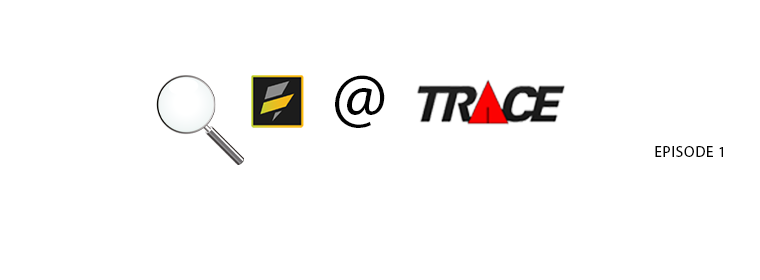VOLT – finding the current, harnessing the flow
Untold Notes

VOLT – finding the current, harnessing the flow
After a couple of weeks working daily a few hours with Domino VOLT, I must say that it is exceeding my expectations. As things stand, I can now see that Domino VOLT will enable us to do what we were envisioning and probably quite some more. The fact that it can integrate seamlessly into a webpage makes it the perfect companion tool to Domino Designer development. We can finally create hybrid apps without a fuss, quickly yet safely and need not another team of specialists to do it.
From the Notes developper perspective, Domino VOLT represents a challenge. Those who have xPages experience will have something of a headstart. But programming with Domino VOLT needs rethinking, or rather looking at the problem and the development from another angle. But once you’ve understood that, you can start producing simple applications in hours not days or weeks.
I decided to stay at a basic level and test features and functions one after the other. No big ambition, just building an app. No time spent on looks. There are people with far better artistic competences then me ;=)
After having created a table for a keyword, which was populated by just creating each, I then moved on to a table of information to import.
You have 2 choices :
– you import, VOLT creates a page and you then edit that page the way you want.
– you create a page,set-up the fields, then import your spreadsheet. In this scenario, you need to put as header the variable name you have used in each field.
I’ve subsequently been able to manipulate the data via agents in the Notes Database.
Adding fields is posisble, but, at least this is what I’ve seen, you need to follow the sequence:
– create the field in the VOLT page
– publish
– then you can run an agent to populate the fields
You can create Notes view and forms to see, sift through the data from the Notes client, no problem.
Changing stages can be done from the Notes client as well.
The power of VOLT becomes apparent when one starts using tables, sections, and workflows.
At this point the sky is the limit – if you know how to integrate that into Notes.
To me, if you stay on VOLT, you can develop simple applications quickly and replace the Excel quagmire that so many businesses face. It is not the tool I would use for large data manipulation however. Simple tasks can be solved without having to live within the confines of a file on a PC, a USB stick, in a Whatsapp feed and the limits of A1:C3 types of addresses.
Excel – or any other spreadsheet is a software that was developped for the PC as in Personal Computer in the late seventies. It’s nothing else but a rehash from Visicalc. Nothing as invented there. Just an idea, a concept made more industrial.
VOLT is something completely different and so much more sustainable. It was conceived as network ready, workflow ready, import ready export ready.
I can see so many use cases with our customers where the move from a spreadsheet to VOLT will have a significant impact.
As for more complex applications, I’d want the integration with Notes more advanced, but from what I understand this is an ongoing process.
And I can imagine the VOLT team will add that big-data capabilities to VOLT.
This will make the pair Notes-VOLT one heck of a platform.


